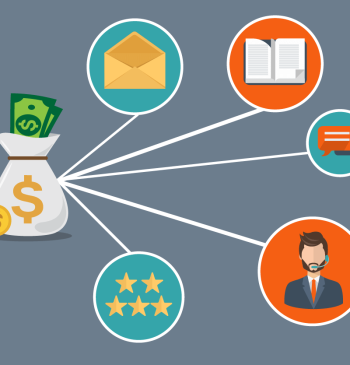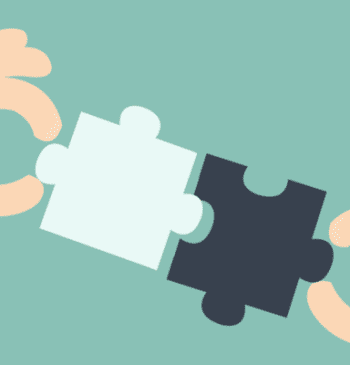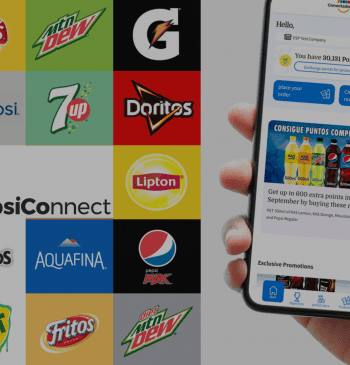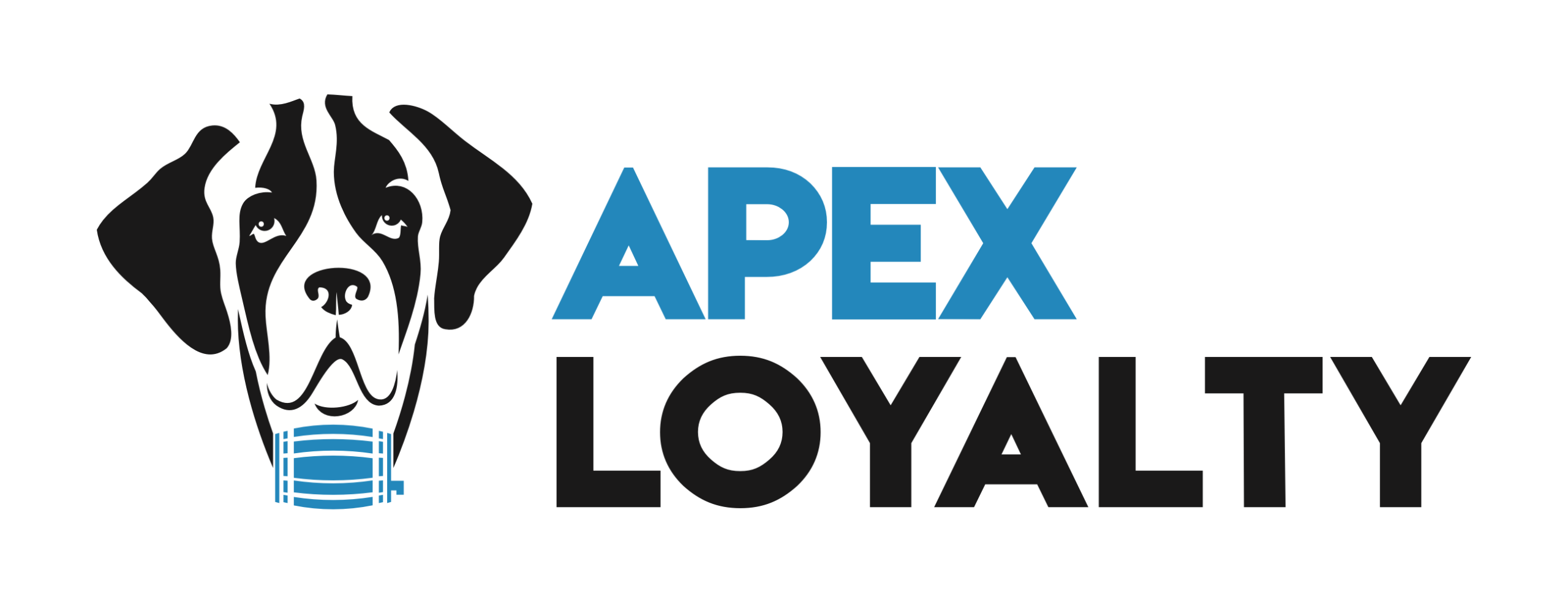15 Aug
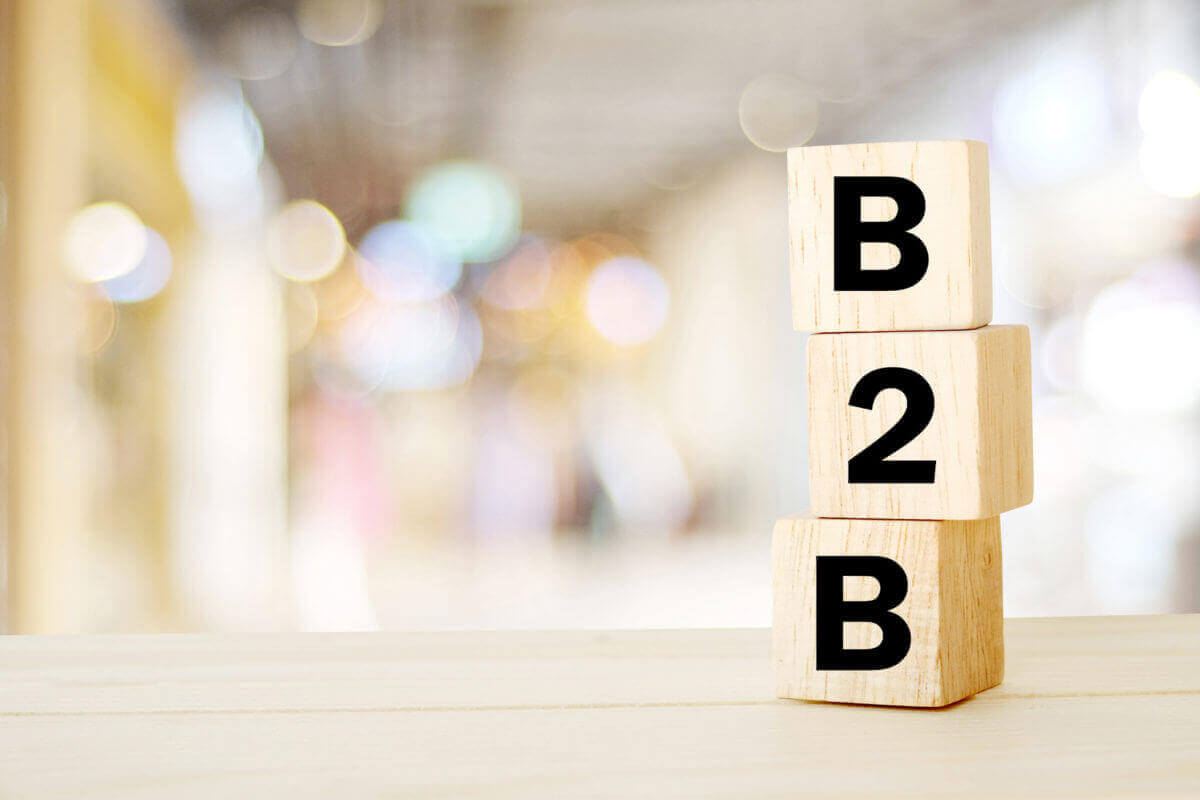
In today’s competitive market, B2B loyalty programs are powerful tools to enhance customer retention and drive sales. Unlike B2C models, these programs focus on building long-term relationships with business clients through tailored rewards and incentives. The key is understanding client needs and preferences. Successful B2B loyalty programs offer practical, value-added benefits like exclusive discounts, custom services, or access to industry events. To provide you with a better understanding, this article will give you detailed information on B2B loyalty programs.
What is a B2B loyalty program?
A B2B loyalty program is a strategic approach designed to increase sales and strengthen relationships with business clients, particularly in environments with numerous dealers or distributors. These programs leverage automation to streamline and enhance the sales process, making it more efficient and effective. A standout feature of such programs is their robust gamification framework. By incorporating elements of competition and reward, they motivate dealers to increase their purchasing volumes. This gamification aspect is not just about making sales more engaging; it’s a powerful tool to boost the average transaction value.
As dealers engage more with the program, they tend to buy more, significantly increasing overall turnover. Apex Loyalty, for instance, exemplifies this approach by using gamification to elevate average basket sizes and drive higher sales figures. In essence, loyalty programs like these transform the traditional sales model into a dynamic and interactive experience, leading to sustained business growth and stronger dealer relationships.

What is The Difference Between B2B and B2C Loyalty Programs?
B2B (Business-to-Business) and B2C (Business-to-Consumer) loyalty programs serve different markets with distinct strategies. B2B loyalty programs focus on building long-term relationships with other businesses. These programs often involve rewards for repeat purchases, referrals, or bulk buying. The incentives are usually tailored to business needs, like discounts on future purchases, access to exclusive services, or customized solutions.
In contrast, B2C loyalty programs target individual consumers. They aim to encourage frequent purchases and brand loyalty through points, discounts, or special offers. These programs are often more straightforward, with immediate rewards like cashback, vouchers, or free products. B2C loyalty schemes also leverage emotional engagement, creating a personal connection with the brand through tailored communications and experiences.
The key difference lies in the relationship and the type of rewards offered. B2B programs focus on mutual business growth and long-term partnerships, delivering real business value rewards. B2C programs, on the other hand, aim to delight the individual consumer, offering quick, tangible rewards that enhance the shopping experience and foster a personal connection with the brand.
Advantages of B2B Loyalty Programs
Loyalty programs for B2B businesses offer a range of benefits that can significantly enhance business relationships and drive growth:
- They foster long-term partnerships. These programs encourage ongoing collaboration by rewarding repeat business, leading to more stable and predictable revenue streams. This stability is crucial for effective planning and resource allocation.
- They often lead to increased customer engagement. They provide a platform for regular communication, keeping your brand top-of-mind. This engagement strengthens relationships and offers valuable insights into customer needs and preferences, enabling more tailored and effective solutions.
- These programs can differentiate a business in a competitive market. Companies can stand out by offering unique rewards or benefits, making them more attractive to potential and existing clients. This differentiation is key in markets where products or services are otherwise similar.
- Loyalty programs for B2B companies can lead to valuable referrals. Satisfied, loyal customers are more likely to recommend your services to others, expanding your client base organically. This word-of-mouth marketing is particularly effective in B2B environments, where trust and reliability are paramount.
Key Features to Look For In a B2B Loyalty Program
When selecting a program, prioritize tools that enhance customer engagement and drive business growth. Key features include:
- Customization Capabilities: The program should offer flexibility to tailor rewards and communications to suit diverse business clients. This personalization fosters a deeper connection with your brand.
- Robust Analytics: Effective programs provide detailed analytics to track customer behavior, preferences, and program effectiveness. This data is crucial for refining strategies and ensuring the program resonates with your target audience.
- Seamless Integration: Look for a program that integrates smoothly with your existing CRM and sales systems. This integration streamlines operations and provides a cohesive experience for your team and clients.
- Diverse Reward Options: A successful program offers a variety of rewards that cater to different business needs and preferences. This diversity ensures broader appeal and higher engagement rates.
- Excellent Support and Training: Ensure the program includes comprehensive support and training for your team. This aspect is vital for the program’s smooth implementation and ongoing management.
- Scalability: Choose a program that can grow with your business, accommodating increasing clients and evolving business needs.
By focusing on these key tools, you can select a B2B loyalty program that rewards your clients and contributes significantly to your business’s growth and customer satisfaction.
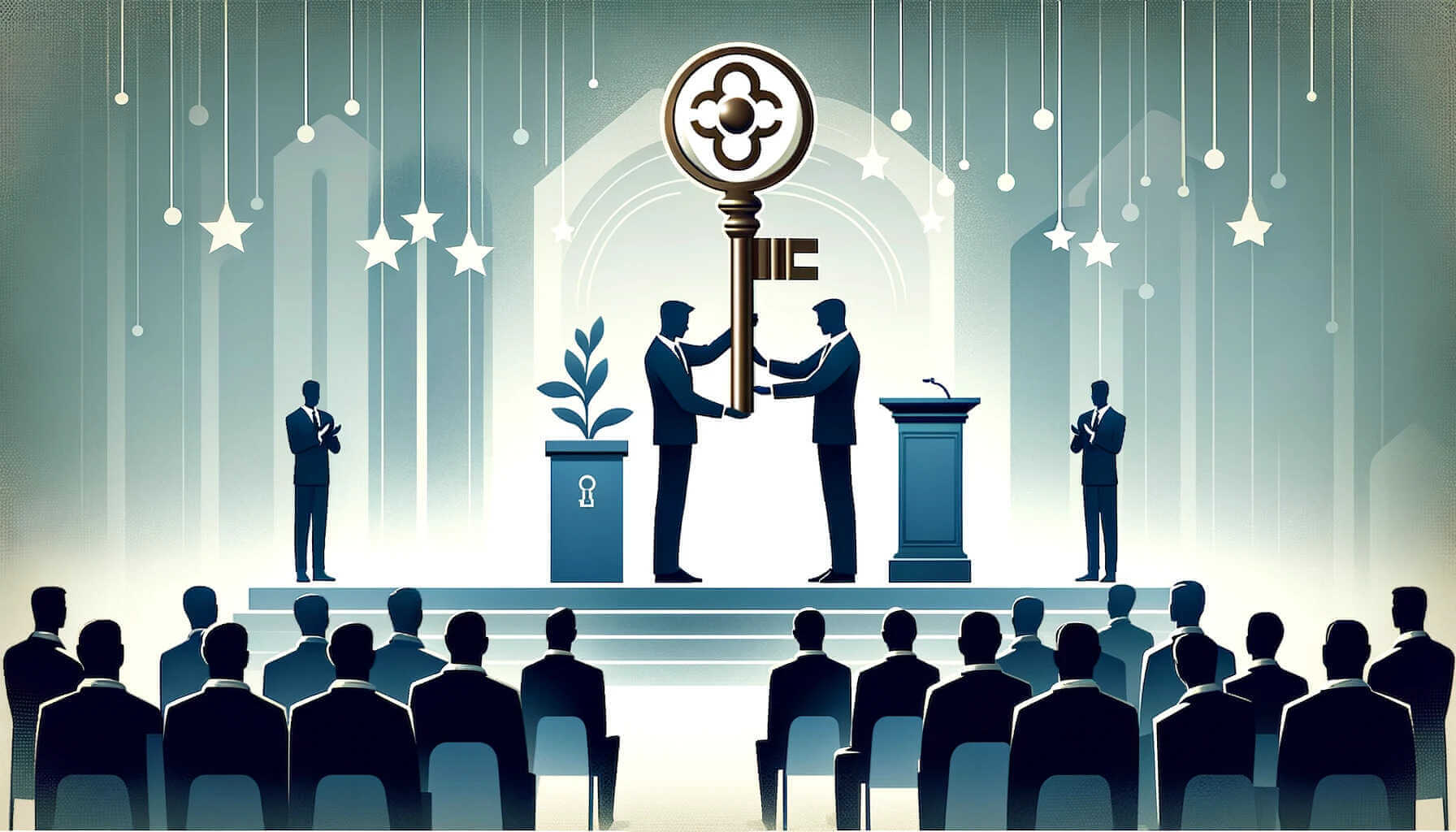
Do B2B loyalty programs work?
B2B loyalty programs are very important for brands with hundreds of dealers who want to manage their relations most effectively. And it works! We’ll show you some of our success stories under the next topic.
B2B Loyalty Programs Examples & Best Practices
Apex Loyalty provides b2b loyalty platform support for many brands around the world. Some of our success stories:
- Pepsico: It covers all the brands under the umbrella of Pepsico and approximately 40,000 stores selling Pepsico products. Apex Loyalty won the Pepsico “2019 Global CIO Awards” with its b2b loyalty platform.
- Abbott: Apex Loyalty has been implemented very successfully. Judges said: “It should be very normal to communicate with customers. Unfortunately, it isn’t. Abbott Turkey effectively uses multiple channels and mechanics to communicate using an online portal aiming to create a Diabetes Community to share information and advice, give support, and even fundraise. Involved parties include doctors, pharmacies, and end-user members who use the loyalty program. Very impressive.”
You can click on our success stories page for all our success stories
Frequently Asked Questions About B2B Loyalty
Explore our comprehensive FAQ section dedicated to B2B loyalty programs, where we address various inquiries and provide insights. This section is meticulously designed for businesses seeking to understand the nuances of implementing loyalty programs within a B2B context. Whether you’re curious about the benefits, best practices, strategies for engagement, or ways to measure success, our FAQs offer valuable information to guide your decisions.
How Does the Process Go Before Starting a B2B Loyalty Program?
The pre-launching period is a part of our consultation service, as we do not exclude it from the overall strategic planning. Asking the true questions is the key to starting the most fitting and successful program. Usually, the questions to discuss at this very first stage are:
- Does your business require a B2B loyalty program? Does your budget also allow it?
- Is your product full-fledged?
- Are you able to define your most profitable area? Can you reach your customer base and channel partners accordingly?
- If you are done with the above, it’s time to look at this here: Can you understand the strategic goals of your business and your partners’ businesses?
Each answer will enable us to put the strongest building blocks into the foundation of your B2B loyalty strategy. Let’s look at them and start guiding you on the theory level before we help you realize your plans.
How do you switch to a new B2B loyalty program?
You can always identify your needs and strategize according to your company goals. That is the first answer to the question of how to switch to a new B2B loyalty program. You can contact a professional loyalty program consultant for further support. Apex Loyalty is also here to support you. If you have any questions about how to switch to a new B2B program, get in touch with us.
How do you measure incremental sales through a B2B loyalty program?
ARPU and Churn’s methods are quick to bring into companies focused on subscription services, such as email, pay TV, or voice communications. If you want a more factual prediction, adding some vagueness might be an idea, as well as thinking of more complicated variants and indicators: the maintenance costs and the underlying ROI of operating the B2B loyalty program.
How do you communicate effectively with B2B Loyalty Program Members?
You can personalize this list based on your B2B demands or specific market. It is vital to remember that although this is business, your purchasers are likely to buy from you more likely if you manage to humanize your strategy. This means that you need to speak to your audience. That way, the whole market perception and how the business positions itself in its customers’ eyes will shift. If you want to know more, check out the articles about b2b loyalty.
You can read our previous article from https://www.apexloyalty.com/reading-the-covid-impact-on-b2b-industries/
